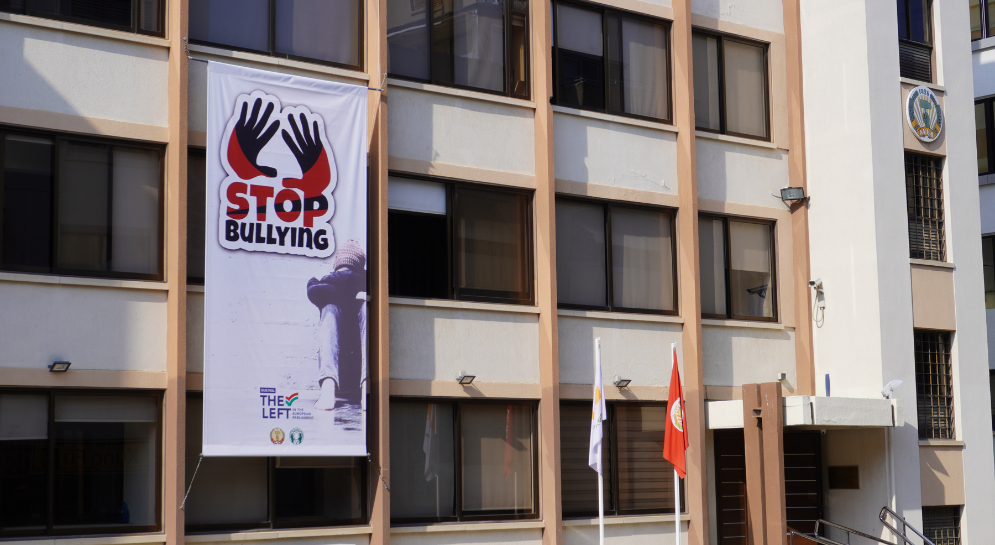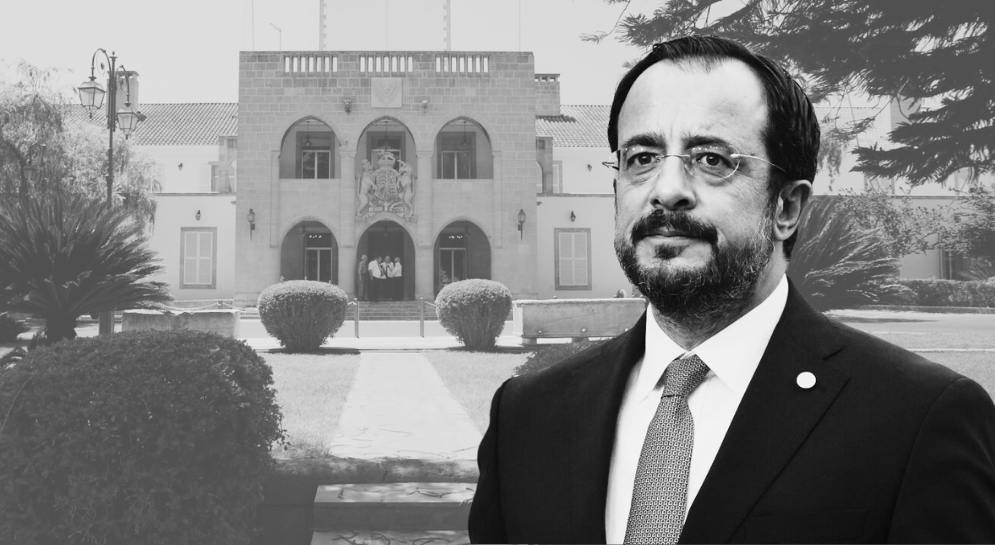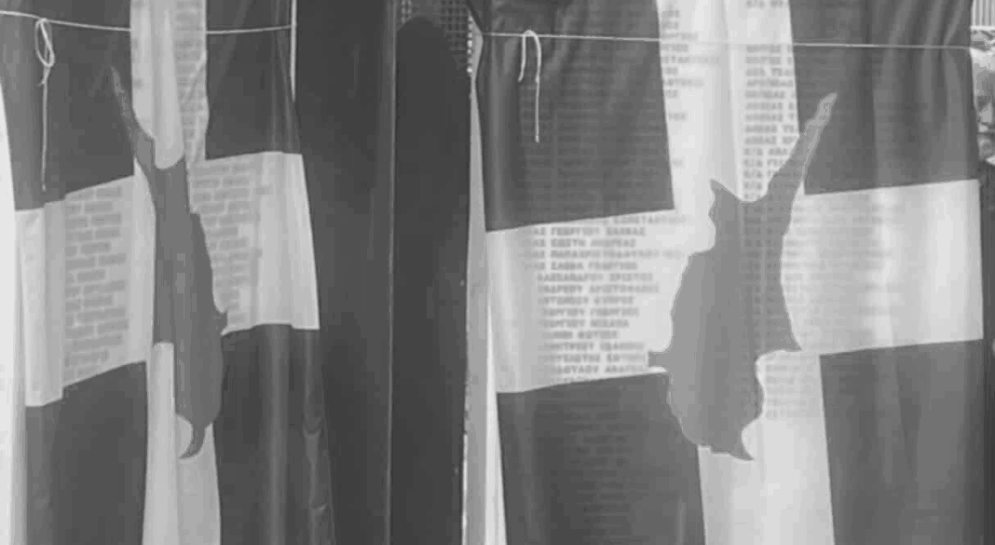
Address by the General Secretary of the Central Committee of AKEL S. Stefanou to the conference on Bullying
2 March 2022, AKEL C.C. Press Office, Nicosia
I congratulate the Social Policy Bureau of the Party for the campaign it is organising against bullying. With this campaign, AKEL is not just highlighting the problem, but attempting to raise awareness in society and activate institutions and set in motion procedures for the resolute combatting of bullying.
The first thing that needs to be made clear is that teasing in groups and between friends is one thing and bullying is another. This must be clear from the outset in the whole discussion. Bullying is contempt and humiliation. It is the point at which a person, let alone a child, feels alone, afraid and humiliated. This must be clear in everyone’s mind, because it removes the first attempt to cover up the phenomenon with excuses such as “it wasn’t bullying, it was just teasing”.
Bullying harms the weak. The physically weak, the socially weak, the seemingly weak. In other words, in the face of a bully – a word derived from the English bulldog – those who are seemingly weak or simply different are potential victims. Women, disabled people, vulnerable groups, people of different backgrounds or religions, people of different sexual orientation, children who are not popular and commanding by virtue of their outward appearance or economic or even social status. And even if I wanted to, I simply can’t forget a mother’s post I read recently online. Her daughter, just in first grade, suddenly didn’t want to go to school. Why? Because some other kids made fun of her because she only had one euro in her purse every day to spend in the school cafeteria.
Was our society really always like this?
Have we always raised competitive and cruel people from a tender age?
If we recall our childhood, we too will remember incidents and people where what was considered different and weak was stigmatised.
However, the changes today in the composition of society, the competition that is dominant in society and is presented as a legitimate means for those seemingly stronger and more powerful to prevail, the social inequalities and inequalities in access to goods all contribute to the consolidation and growth of this phenomenon.
Another factor is the social models that change in form and application over the years. The tale of the ugly duckling who was redeemed once he became a swan has for decades comforted children who expected to be transformed. In the age of television and film, movies, TV shows and serials still showcase the myth of the ugly duckling in various versions and nuances.
Even today the various survival games celebrate precisely the model of the strong, the powerful, and the competitively minded. He/she will win in the end. The weak will not survive.
But there is another level too. From the cradle of neoliberalism, the USA, the ideological concept of ‘excellence’ was born. The model of the apotheosis not of the conquest of knowledge, but instead the conquest of coming out on top. The socially acceptable, responding within the arena of competition, sends the message that we are a society that has no room for the weak or the different.
And finally, we cannot ignore the fact that the rise of the extreme right in the period of economic crisis has reinforced intimidation and fear. The example of the far-right ‘Golden Dawn’ party is characteristic, which exalted the model of the physically strong to young people, while in schools it ideologised the rejection of the weak and different and set up groups to engage in racist and social violence.
Whenever an incident of bullying is brought up in the public debate, everyone immediately calls on the victims to speak out. But how easy is it for a victim, especially if he or she is a minor, to speak out? How easy is it really, even for adults to speak out and ultimately succeed in winning such cases?
It is our duty, the task of political parties, organisations and those who should intervene, to ensure that the preconditions and environment are in place to confront this phenomenon and, above all, to prevent it.
First of all, we must always bear in mind that in a society where institutions are being questioned, it is difficult for victims and witnesses to speak out.
Next, we must take concrete steps one by one to prevent and combat the phenomenon.
Unfortunately, in this area too, the DISY ‘Democratic Rally’ government has failed miserably to address bullying.
One year after the relevant legislation was passed, a National Advisory Committee on Domestic Violence has still not been established. Worse still, it was revealed in Parliament that the Minister responsible did not even know of the existence of the legislation.
There was no mention at all of appointing educational psychologists to staff the understaffed service in schools. It was never a priority for the Government.
According to what was submitted to the relevant Parliamentary Committee, the Ministry of Education has received two letters from the Commissioner for the Protection of Children’s Rights over the last two years with recommendations on these issues, which remain unanswered.
Since 2015, that is seven years ago, a circular was sent out with recommendations to develop regulations on bullying for pupils and parents and for the establishment of a sub-committee to handle bullying incidents, but to date it has not been implemented.
So, as long as there is no comprehensive policy in place to address the phenomenon, we will always come to lament victims, to wonder why witnesses did not speak out, to demand punishment for the perpetrators. That’s precisely why the ignorance, incompetence and inefficiency of those in charge will give birth to new victims.
So when we say “Stop bullying” we are calling on victims to speak out. We call on witnesses to speak out and support victims. But above all, we call on the state, the government, to take action, to elaborate and adopt policies, to at long last address the problem and provide solutions.
We are always ready to contribute towards this end.




